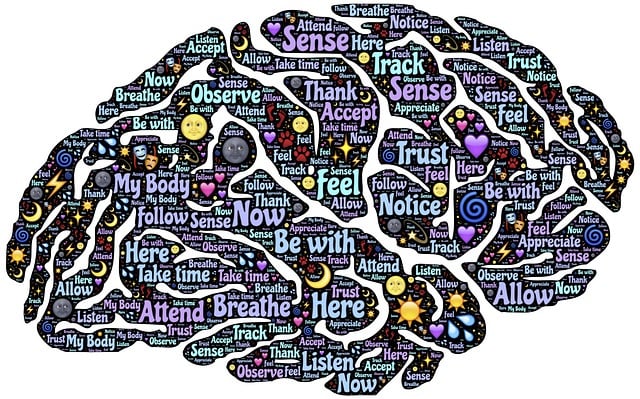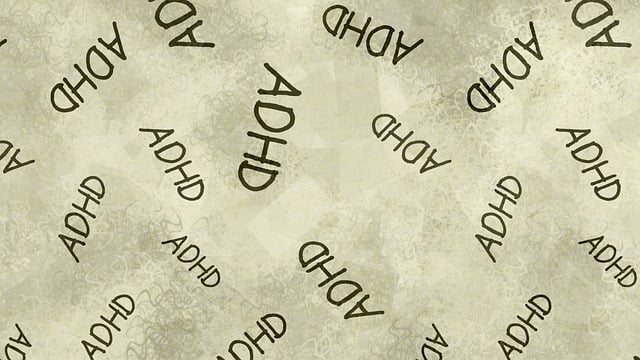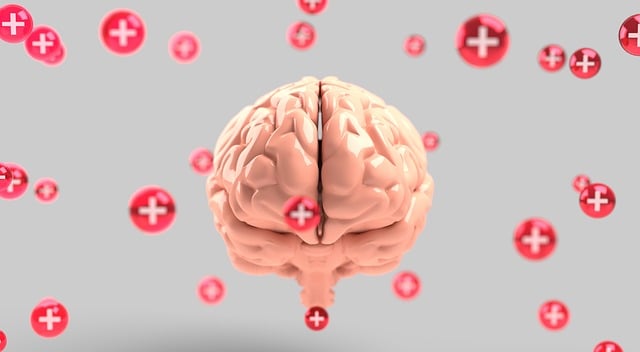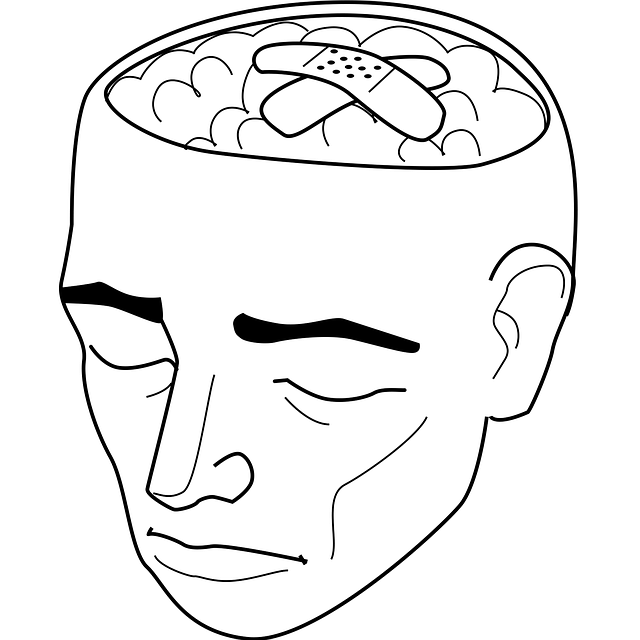Depression, a complex mental health issue, requires professional therapy in Castle Rock for prevention among first responders and mental health practitioners. Castle Rock First Responders Therapy offers tailored interventions, focusing on cognitive-behavioral therapy, mindfulness, emotional regulation, and self-care to enhance resilience and manage stress. A holistic approach emphasizes healthy lifestyle changes, compassion cultivation, and cultural sensitivity, while building a supportive network through therapy groups accelerates recovery, fostering hope and positive thinking.
Depression is a prevalent yet manageable condition that requires proactive strategies for prevention. This article explores various methods to combat this mental health challenge, from identifying early warning signs to adopting holistic practices like Castle Rock First Responders Therapy, known for its comprehensive approach. We delve into lifestyle modifications for sustained well-being and the power of building supportive networks, offering valuable insights for those seeking to safeguard their mental health.
- Understanding Depression: Recognizing the Red Flags
- Castle Rock First Responders Therapy: A Holistic Approach
- Lifestyle Changes for Long-Term Well-Being
- Building a Support Network: Nurturing Your Recovery
Understanding Depression: Recognizing the Red Flags

Depression is a complex mental health condition that can significantly impact an individual’s daily life and overall well-being. Recognizing the early signs and symptoms is crucial for effective prevention and timely intervention. The journey towards understanding depression begins with identifying the red flags, which can vary from person to person. Common indicators include persistent feelings of sadness, hopelessness, or a loss of interest in activities once enjoyed. Changes in appetite, sleep patterns, energy levels, and concentration are also notable red flags that should not be ignored.
For those in Castle Rock seeking support, accessing professional therapy plays a pivotal role in prevention strategies. First responders and mental health practitioners equipped with cultural sensitivity in mental healthcare practice can offer tailored interventions. By fostering an environment of trust and understanding, they address the unique needs of diverse communities. Additionally, promoting positive thinking and coping mechanisms can serve as a powerful tool to combat depression. Anxiety relief techniques, when incorporated into one’s routine, may help mitigate risks and contribute to overall mental resilience.
Castle Rock First Responders Therapy: A Holistic Approach

Castle Rock First Responders Therapy offers a unique and holistic approach to depression prevention, focusing on the interconnectedness of mental, physical, and emotional well-being. This therapy model recognizes that depression often arises from complex interactions between traumatic experiences, stress management, and coping mechanisms. By addressing these underlying factors through various therapeutic techniques, individuals can develop effective strategies to manage their mood and promote resilience.
The Castle Rock First Responders Therapy program incorporates elements of cognitive-behavioral therapy, mindfulness practices, and emotional regulation techniques tailored to the specific needs of first responders and mental health professionals. It emphasizes the importance of self-care, positive thinking, and building healthy coping mechanisms to mitigate the risk of developing depression and other mental health disorders. This comprehensive approach aims to empower individuals with the tools needed to navigate challenging situations, enhance their ability to manage stress, and ultimately improve overall mood management.
Lifestyle Changes for Long-Term Well-Being

Adopting lifestyle changes can be a powerful tool in preventing and managing depression. This includes maintaining a balanced diet rich in nutrients, engaging in regular physical activity, and prioritizing quality sleep. These foundational elements are key to sustaining long-term well-being. Studies show that individuals who incorporate mindfulness practices, such as meditation or yoga, into their daily routines may experience reduced symptoms of depression and anxiety, thanks to the stress-reducing benefits these activities offer.
At Castle Rock First Responders Therapy, we understand that addressing mental health concerns requires a holistic approach. Incorporating compassion cultivation practices, emotional intelligence development, and cultural sensitivity in mental healthcare practice can create a supportive environment for individuals seeking help. By fostering understanding and empathy, these strategies enhance the therapeutic process, ensuring that each client receives personalized care tailored to their unique needs and experiences.
Building a Support Network: Nurturing Your Recovery

Building a support network is an integral part of nurturing your recovery from depression. Connecting with like-minded individuals, whether through therapy groups facilitated by Castle Rock First Responders Therapy or community forums, provides a safe space to share experiences and gain insights from others who understand what you’re going through. This sense of belonging can significantly enhance emotional healing processes and offer practical advice tailored to the unique challenges faced during burnout prevention.
The Mind Over Matter principles emphasize the power of positive thinking and proactive measures in combating depression. By fostering strong relationships, setting achievable goals, and adopting healthy coping mechanisms, individuals can empower themselves to break free from negative thought patterns. Support networks serve as a constant reminder that you are not alone in your struggle, fostering resilience and promoting a sense of hope for a brighter future.
Preventing depression involves a multi-faceted approach, from recognizing red flags early on to adopting lifestyle changes that promote long-term well-being. As highlighted by Castle Rock First Responders Therapy, a holistic treatment method addressing mental and physical health simultaneously can be transformative. By fostering a supportive network and implementing effective strategies, individuals can effectively navigate depression and cultivate resilience.













